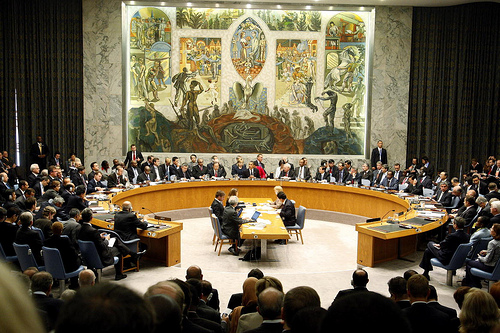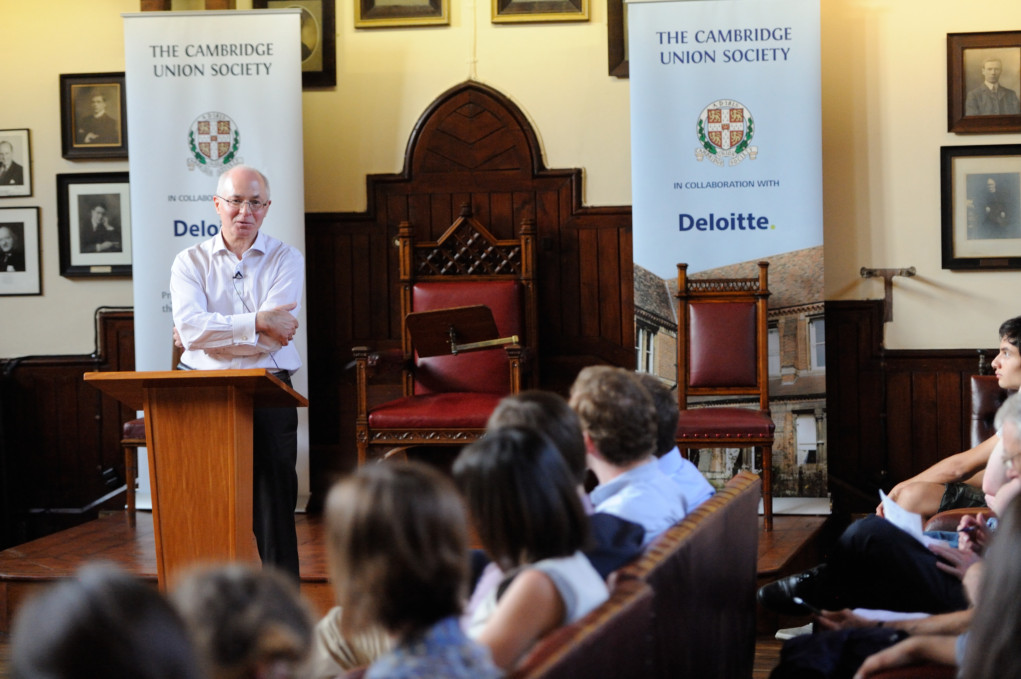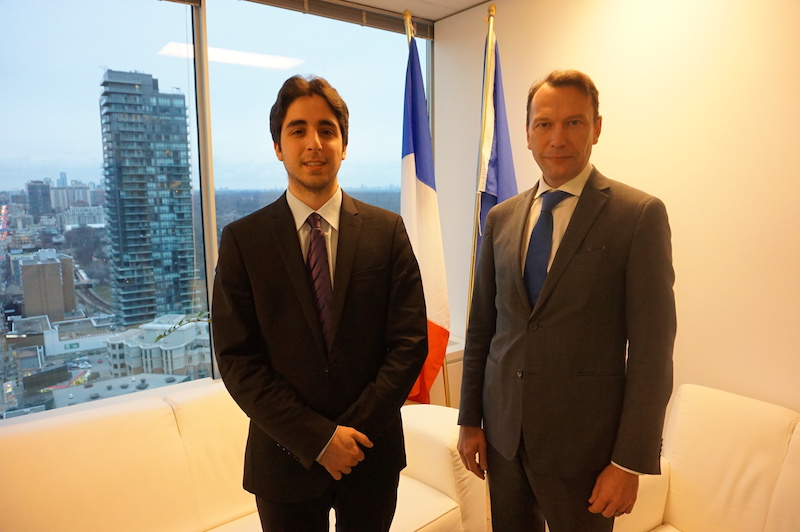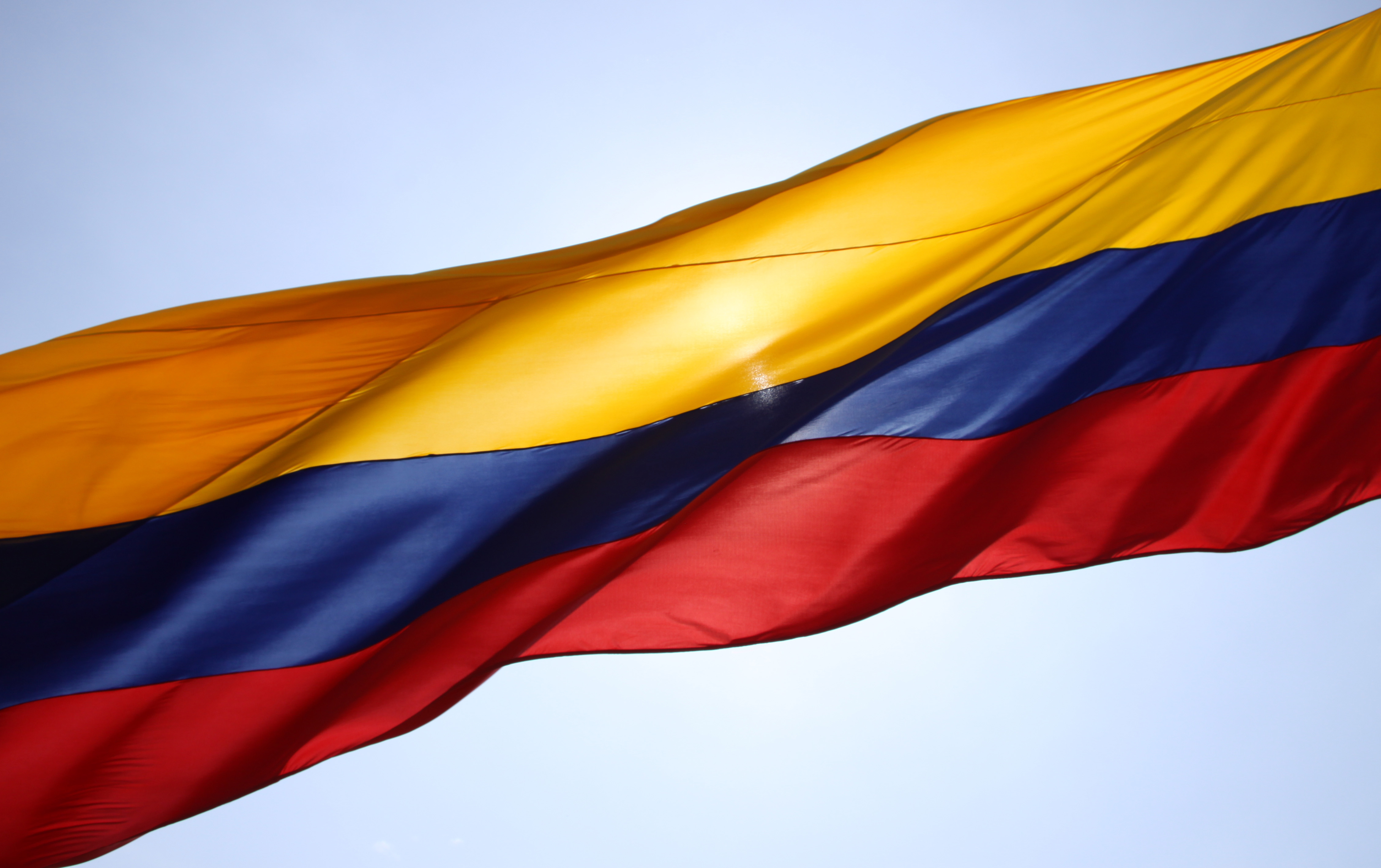[captionpix align=”left” theme=”elegant” width=”300″ imgsrc=”http://natoassociation.ca/wp-content/uploads/2014/02/NPTintro.jpg ” captiontext=””]
For over 40 years, global efforts to halt the spread of nuclear weapons have taken place under the mantle of the Treaty on the Non-Proliferation of Nuclear Weapons (NPT). The main thrust of the treaty was based on one central agreement: Countries not possessing nuclear weapons would refrain from acquiring them, and in exchange, the recognized nuclear-weapons states, the United States, the USSR (later Russia), France, the United Kingdom and China would share nuclear technology and take steps towards eventual nuclear disarmament.
For many years, this bargain worked reasonably well. Aside from Israel, India and Pakistan, non-signatories to the NPT, the treaty helped to effectively stem the tide of nuclear proliferation, a realistic fear before its ratification. In addition, it allowed countries without access to sophisticated technology to acquire non-military nuclear power.
For a world dominated by two superpowers, able to keep their blocs in line, and a technological frontier that kept most countries from acquiring the bomb, it was the right treaty for the right time.
However, today’s world no longer conforms to these realities. For one, the bipolar world of the Cold War is long gone. We are witnessing the diffusion of global power and the rise of new major state actors all across the globe. In addition, this diffusion of power has also been accompanied by the spread of sophisticated technology. While the threshold for nuclear weapons is still high, it is falling rapidly.
Nuclear weapons provide obvious strategic and symbolic advantages to their possessors. Rising powers may very well decide that is in their national interest to acquire them. In the twenty-first century, this decision will no longer be dictated by technology, but by politics.
What’s more, the initial bargain of the NPT seems increasingly uneven. While the obligations of non-nuclear weapons states are strongly enforced in nearly all cases, nuclear powers have taken their responsibilities far more lightly.
For one, they no longer seem particularly keen on nuclear disarmament, and if they have cut their stockpiles of nuclear weapons, this has mostly occurred at the bilateral level between the United States and Russia in the START framework. This procrastination on disarmament risks increasingly eroding the legitimacy of the NPT and reduces the incentives to comply with its obligations. Indeed, India, a non-recognized nuclear weapons state, has refused to sign the treaty partly on the grounds that it divides countries into nuclear “haves” and “have-nots”. This assertion is not easy to dismiss.
Realistically, there are two options going forward if the global non-proliferation system is to have a future. On the one hand, nuclear powers could credibly commit to substantial reductions in their nuclear arsenals, in exchange for ever more stringent limits on nuclear technology applications in non-nuclear countries. This would uphold the original spirit of the NPT.
The other option would take into account certain realities of contemporary global politics, which would prove to be far more controversial. Nuclear war between the great powers, including the recognized nuclear powers as well as India, has become largely unthinkable. All of them have either official or de-facto no-first use policies, each country has taken extreme measures against accidental launches and political control of the military remains robust.
The real danger posed by nuclear weapons stems not from great powers using them against one another. Japan or Brazil acquiring nuclear weapons would not greatly increase the danger of nuclear war. The real danger stems from secondary powers, such as North Korea, Iran and Israel using them in a regional conflict.
A renewed global arms control system that acknowledges this reality may prove to be far more effective.




